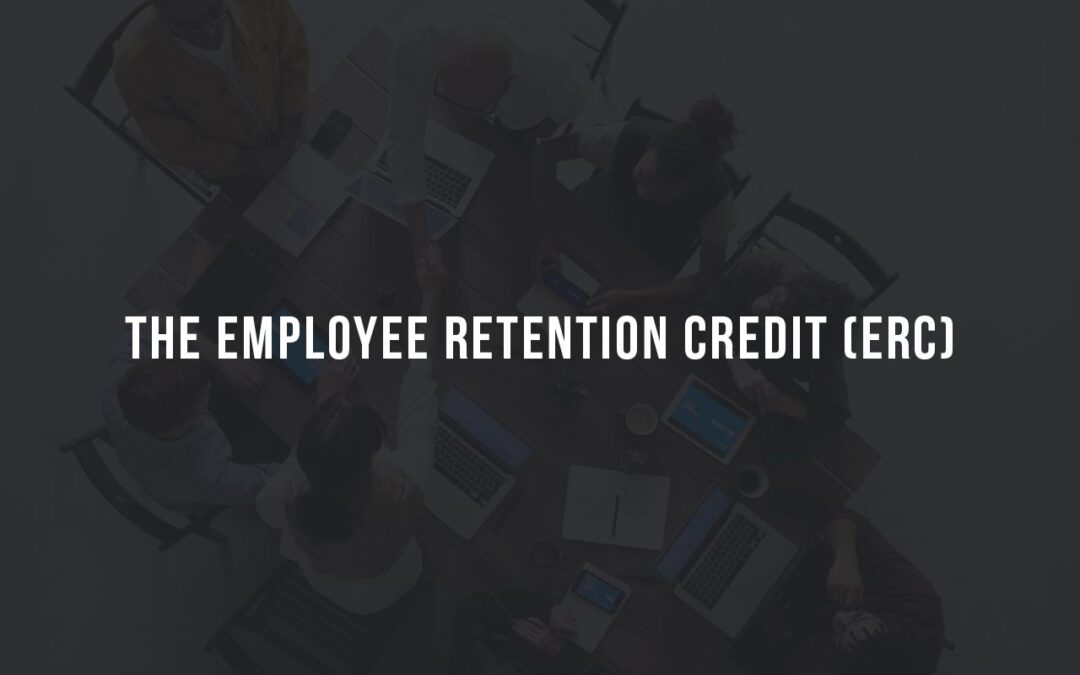CALL US
(980) 237-1714
Email us
justin@pruscpa.com
Friday 09:00 - 15:00
Mon - Thu 09:00-17:00
Backdoor Roth IRA Opportunities Still Available After TCJA (Tax Cuts and Jobs Act)
Estimated Reading Time: 5 minutes 10 seconds
Good news. The Tax Cuts and Jobs Act (TCJA) did not harm the backdoor Roth strategy.
As you likely know, the Roth IRA is a terrific way to grow your wealth with a minimum tax downside because you pay the taxes up front and then, with the proper holding period, pay no taxes after that.
But if you earn too much, you’re completely barred from contributing to a Roth IRA unless you can use the backdoor Roth technique, which involves making a nondeductible contribution to a traditional IRA and then rolling that money into a Roth.
The backdoor Roth strategy has been around for a good nine years, and it has experienced no trouble that we are aware of, so we think it’s a good strategy. We also like the recent notations in the legislative history and the comments from the IRS spokesperson that show approval of the strategy.
Keep in mind that with some planning, you can avoid any taxes on the rollover. For example, if you have an existing traditional IRA, you can move those monies to your qualified plan to avoid having the backdoor strategy trigger some taxes. And if you have no traditional IRA, the nondeductible contribution to the traditional IRA and the subsequent rollover to the Roth IRA triggers no taxes.
New IRS FAQs on Section 199A
On April 11, likely after you filed your tax return, the IRS updated its Section 199A frequently asked questions (FAQs) by increasing the number of questions and answers from 12 to 33. The IRS often publishes FAQs on its website to help educate you on various tax law provisions. Section 199A is no different: the IRS has been updating its FAQ website with additional questions and answers on the newly qualified business income (QBI) tax deduction.
We noted three of the FAQs that help fill in some holes in the final Section 199A regulations but will cause problems for many taxpayers. In fact, there will be taxpayers who will need to file amended tax returns because of the FAQs.
FAQ 29: QBI Subtractions for Partnerships
In this FAQ on partnerships, the IRS hints at the following:
- Unreimbursed partnership expenses and business interest expenses reduce QBI in some, if not all, circumstances.
- Traditional IRA contributions based on self-employment income don’t reduce QBI (since the IRS didn’t include them), while SEP, SIMPLE, and qualified plan deductions do reduce QBI.
FAQ 32: QBI in Final vs. Proposed Regulations
In FAQ 32, the IRS clearly states that the definition of QBI is the same in both the proposed and the final regulations. Since the definition was clarified in the final regulations, this was a surprise to many.
And what this means is that you reduce QBI by the self-employed health insurance deduction, the one-half of self-employment tax deduction, and the qualified retirement plan deductions.
FAQ 33 Has to Be Wrong
FAQ 33 states that an S corporation shareholder who owns more than 2 percent may have to reduce QBI at both the entity (S corporation) and the shareholder (1040 tax return) levels.
We don’t agree with the double subtraction indicated in IRS FAQ 33, for three reasons:
- The final regulations state that you reduce QBI “to the extent that the individual’s gross income from the trade or business is taken into account in calculating the allowable deduction.” Unlike the proprietorship, the S corporation reduces its business income by reimbursing or paying for the health insurance that it puts on the more than 2 percent shareholder’s W-2.
- Under Notice 2008-1, the self-employed health insurance deduction for the 2 percent S corporation shareholder requires that you include the insurance cost as shareholder wages. The wages reduce QBI.
- And income from the trade or business of being an employee is not QBI.
Website Is Not an Authority
If you don’t like the positions taken on the IRS’s FAQ website, then there’s one silver lining: FAQs don’t constitute authority for tax return positions.
Related Articles

Tax Projections vs. Tax Planning: Why Knowing the Difference Matters
At GP CPA, we help business owners make informed financial decisions year-round—not just during “certain times” of the year.. One common point of confusion we encounter is the difference between tax projections and tax planning. While these two services are closely related, they serve distinct purposes and deliver very different outcomes.

Why We Use Relay Financial—And Why You Might Want to, Too
At GP CPA, we’re always on the lookout for tools that help small business owners save time, stay organized, and keep cash flow running smoothly. One of those tools? Relay Financial—and we don’t just recommend it, we use it ourselves.

Starting a Business in North Carolina or South Carolina?
Starting a business is exciting—it’s also a little like setting out on a road trip without a map (or GPS) if you’re not prepared. You might end up in a great place by sheer luck, but chances are, you’ll hit a few dead ends or take longer than necessary to get where you want to go. That’s where we, the CPAs and business advisors, come in handy.

Navigating the Unexpected Closure of Bench: GP CPA, P.C. Is Here to Help
In contrast to Bench, (RIP?), GP CPA, P.C. is a Certified Public Accounting firm located in the Southeastern United States. We are second generation CPAs and business advisors. We can take over for wherever it is that Bench left off and with us, you won’t experience a data hostage situation with our firm.

Don’t Panic: What to Do When You Get a Tax Notice
Picture this: You’re sifting through the mail, dreaming about coffee or a vacation, and then—bam! There it is. An ominous letter from the IRS or your state tax agency. Before you launch into a full-blown panic spiral, let’s talk through what this means and how to handle it. Spoiler alert: ignoring it won’t make it disappear.

The Employee Retention Credit (ERC)
The Employee Retention Credit (“ERC”) has had some upgrades and retrofits to some of the basic calculations with the most recent (12.27.20) CARES Act changes.
Comments

0 Comments